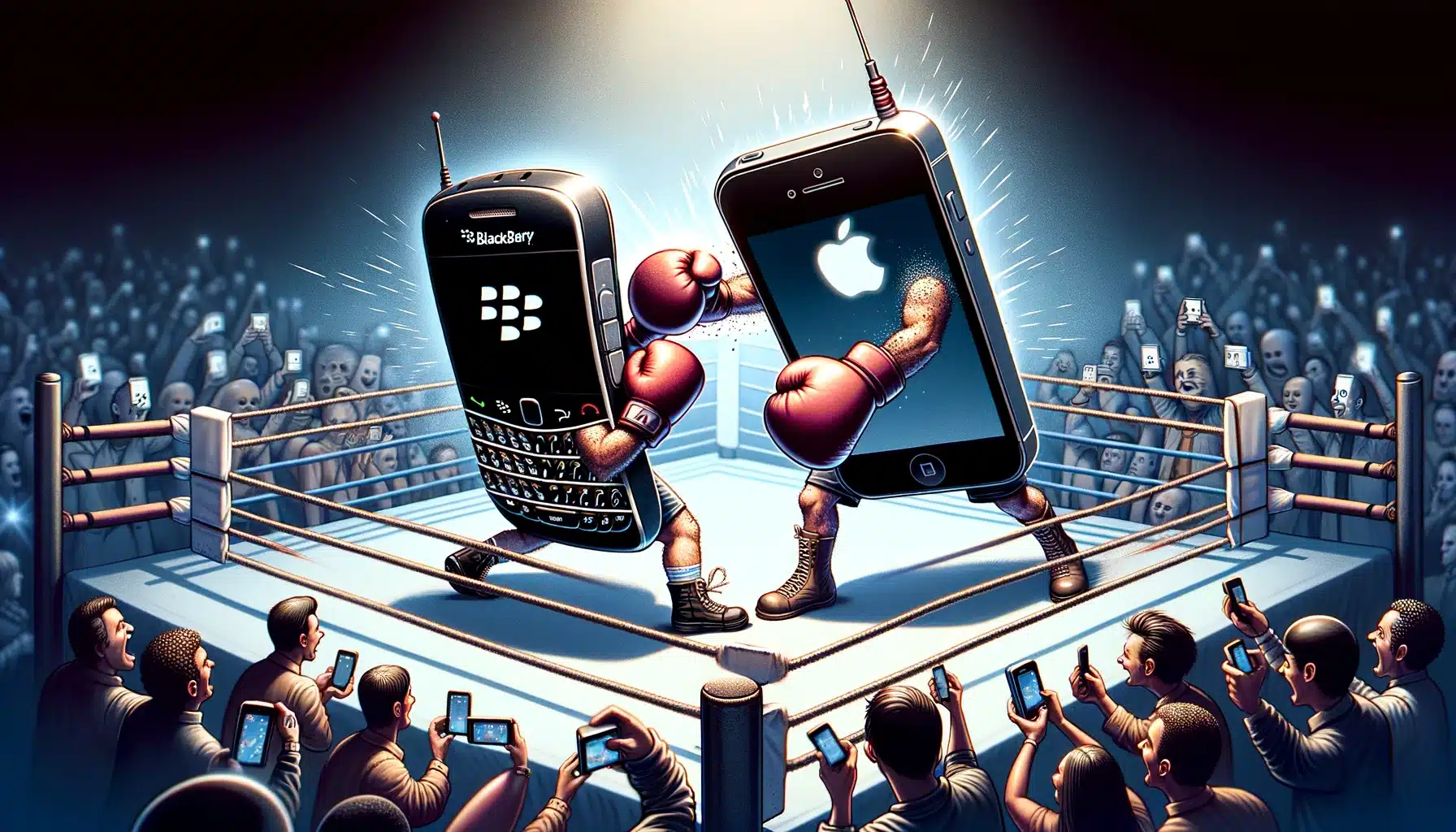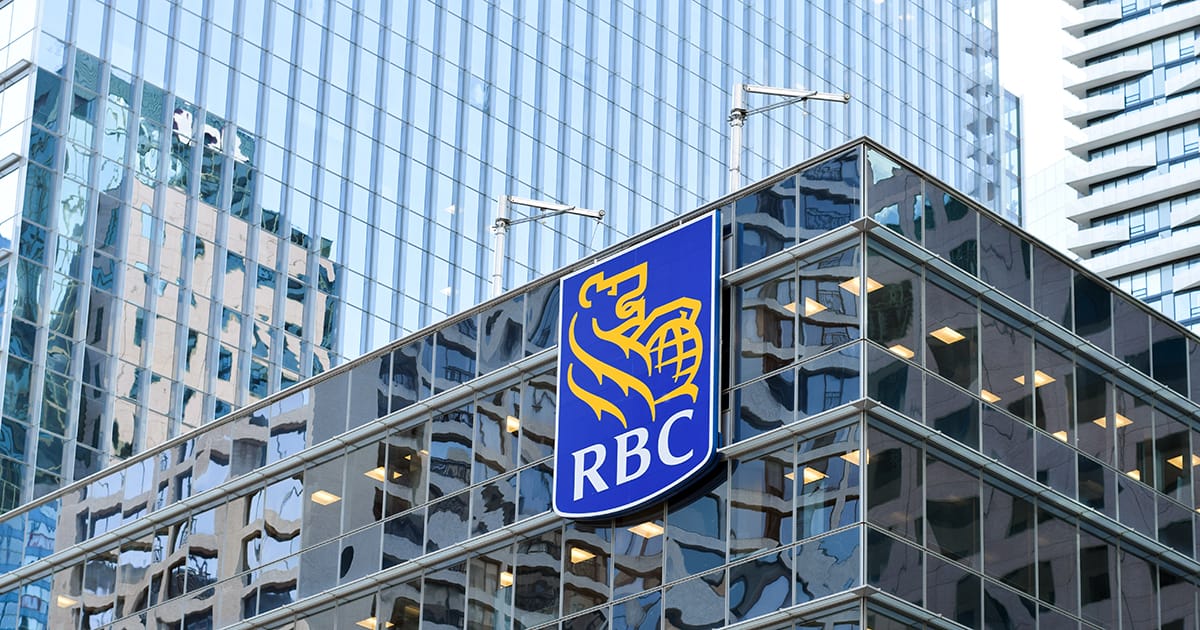Does BlackBerry’s share price reflect reality?

 Shares of BlackBerry (BlackBerry Stock Quote, Chart, News, Analysts, Financials TSX:BB) have calmed down since getting rolled up in the GameStop craze a couple of weeks ago, but the stock is still more than a double over the last few months. Where does BB go from here? That’s anyone’s guess, but the smart money would stay away from BlackBerry and its weak outlook, says portfolio manager Jamie Murray of the Murray Wealth Group.
Shares of BlackBerry (BlackBerry Stock Quote, Chart, News, Analysts, Financials TSX:BB) have calmed down since getting rolled up in the GameStop craze a couple of weeks ago, but the stock is still more than a double over the last few months. Where does BB go from here? That’s anyone’s guess, but the smart money would stay away from BlackBerry and its weak outlook, says portfolio manager Jamie Murray of the Murray Wealth Group.
“BlackBerry was caught up in the whole meme stock action with companies like GameStop and AMC and I still think we’re working through some of that, so it’s not a name that we’d want to touch, just for that reason,” said Murray, speaking on BNN Bloomberg on Monday.
“At this stage, it’s about a double from where it was at the start of the year and call it three times higher than where it was in October. So, until it starts trading again a little bit on fundamentals I don’t think you’d want to step into it,” Murray said.
As the story goes, BlackBerry seems to be an innocent victim of the surge in retail investors flocking to a select few stocks a few weeks ago, egged on by social media posts trumpeting the rise of the small investor against their hedge fund overlords. Those other stocks have since calmed down (although Gamestop is still triple its value in mid-January) as has BlackBerry, which went from C$10 per share to above C$30 and now seems to have settled around the C$17 mark.
Skeptics have pointed out that Gamestop’s surge came on little in the way of substantial news and while the same might be said of BlackBerry when looking at a time span of a few weeks, the company has had a few things to cheer about recently. Most importantly, BlackBerry announced in December a partnership with Amazon’s cloud service AWS, one which will see the two designing an in-vehicle applications platform for the connected car. The aim is to make BlackBerry’s Intelligent Vehicle Data (IVY) platform the standard for in-vehicle apps and monetization across different makes and models of cars, potentially putting BlackBerry and AWS at the forefront of a new stage in the evolution of the car.
“With BlackBerry IVY’s integrated capabilities, automakers will be able to deliver new features, functionality, and performance to customers over the lifetime of their cloud-connected vehicles, as well as unlock new revenue streams and business models built on vehicle data,” BlackBerry said in a December 1, 2020, press release.
The market seemed to respond positively to the news as BB’s share price jumped almost 20 per cent overnight on the news, while in the months since then BlackBerry has delivered more good news from its connected car segment in the form of a strengthened partnership with Chinese tech giant Baidu whose in-vehicle high-definition mapping will run with BlackBerry’s QNX operating system.
On top of that came the company’s latest quarterly report, its fiscal third quarter 2021, which saw BlackBerry’s Software and Services segment grow its revenue from $151 million in the fiscal Q2 to $162 million. BB also managed a beat of analysts’ estimates on earnings, coming in with a non-GAAP profit of $0.02 per share compared to the expected $0.01 per share. (All figures in US dollars except where noted otherwise.)
“[For the third quarter] we delivered exciting new technology releases, especially our AI- driven BlackBerry Cyber Suite. We also made significant progress with partnerships,” said CEO John Chen in a December 17 press release. “Our recently-announced multi-year, exclusive partnership with AWS to co-develop and co-market BlackBerry IVY is both strategic and unique.”
It’s pluses like those which may keep investors interested in BlackBerry for its long-term potential, especially in rising sectors like the connected and autonomous vehicle and cybersecurity. But there are definite worries to consider, too.
For one, BlackBerry’s overall revenue has been up and down in recent quarters. The company finished its fiscal 2020 early last year where BB registered a healthy 15-per-cent growth rate on 2019 numbers. But that was followed up by a fiscal Q1 2021 showing a substantial year-over-year decline in revenue from $247 million to $206 million. Then, for the fiscal Q2, revenue showed a modest year-over-year increase, followed by fiscal Q3 revenue which dropped 18 per cent year-over-year.
And while COVID-19 and its impact on the auto sector have played a role in BlackBerry’s choppy topline, ultimately, the lack of steady growth should be a signal to investors, says Murray.
“BlackBerry doesn’t have as much growth as we’d like,” Murray said. “We own a few smaller technology company and we’re looking for a 20 to 30 per cent growth rate on the revenue side of these companies for multiple years. This is more where were we like it.”
“I think you have that insight into BlackBerry and its ability to turn it around and start growing their operations, then you can take a look at [the stock], but it’s not enough growth for us to get too excited about it,” Murray said.



